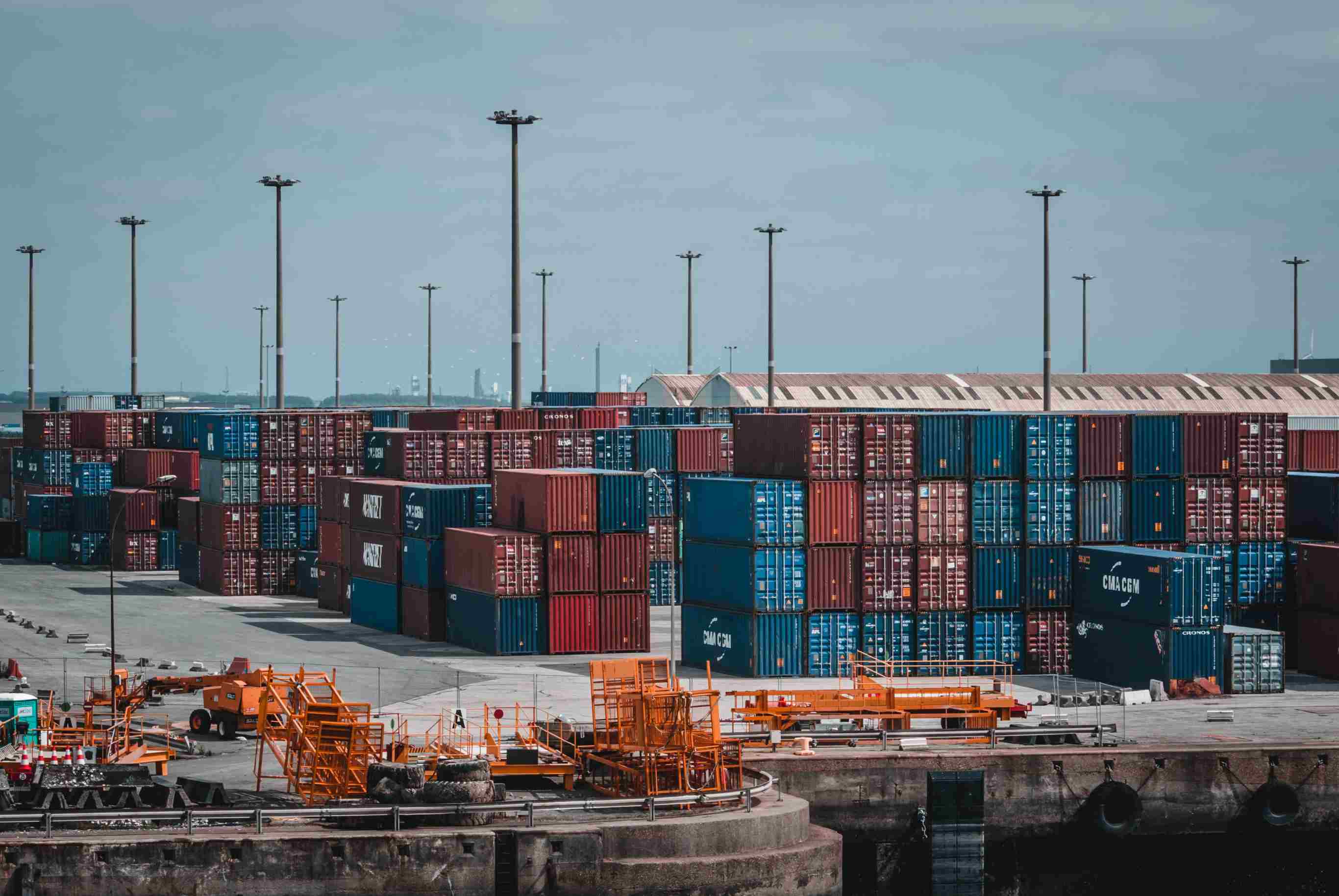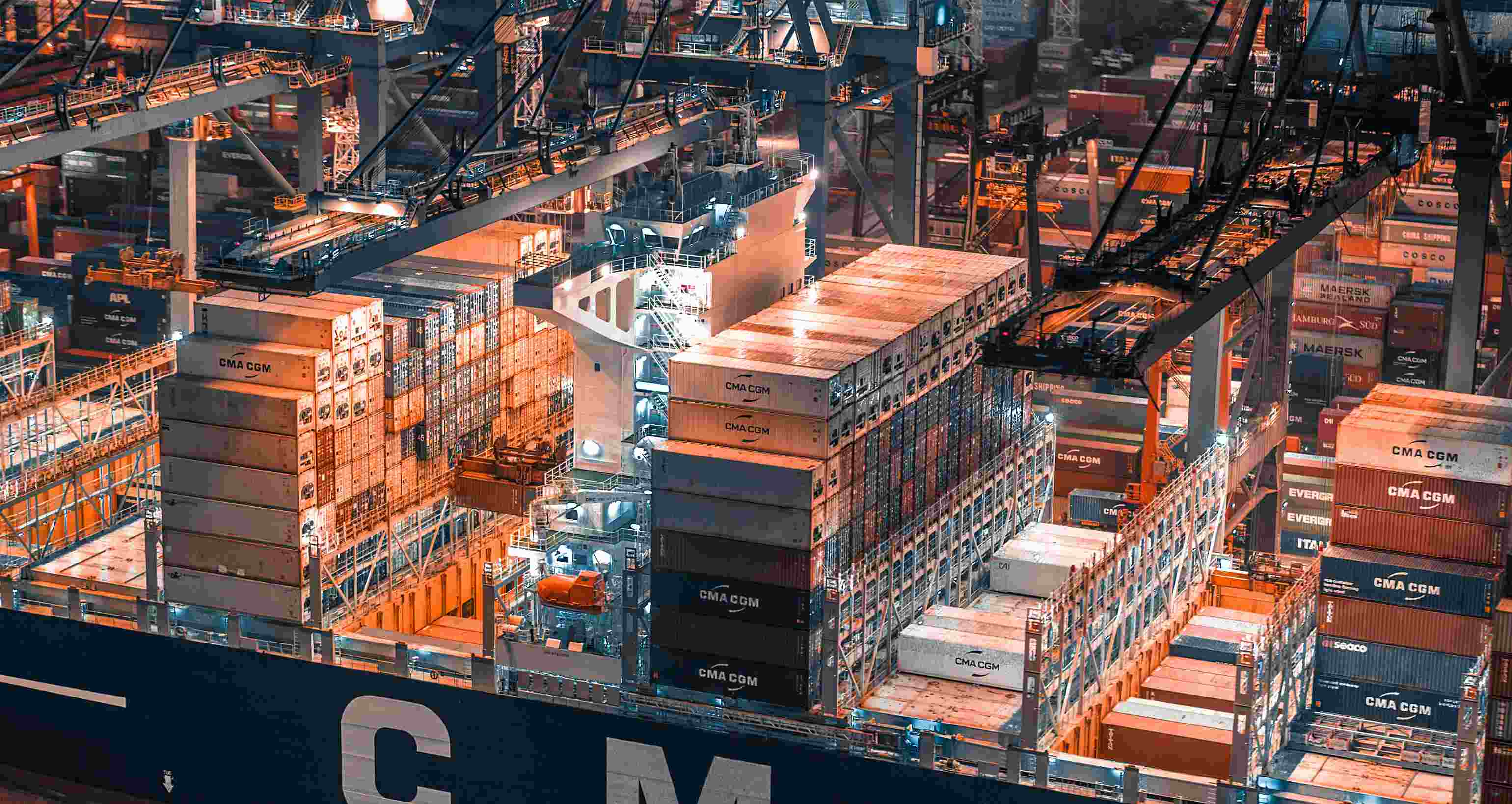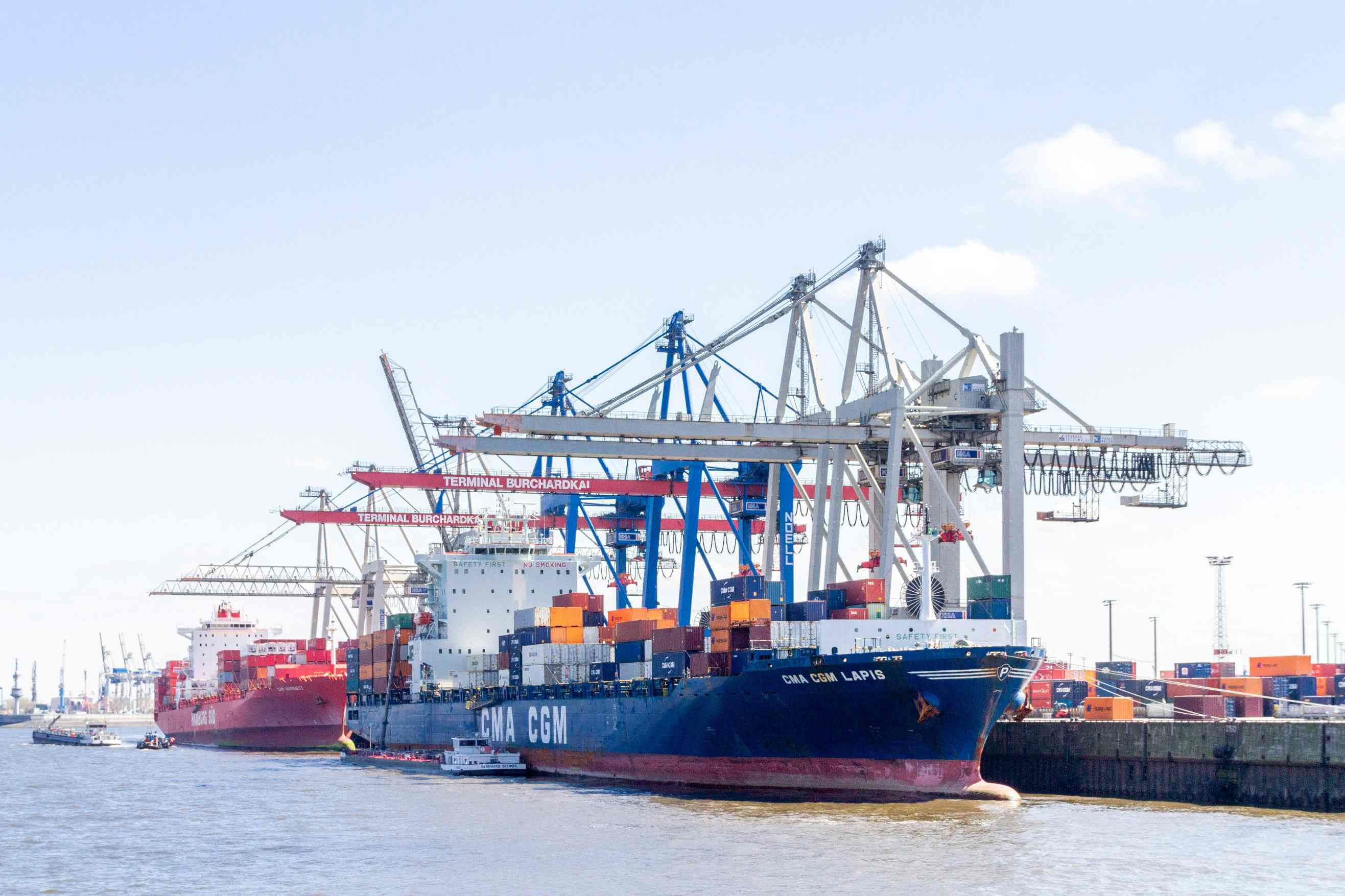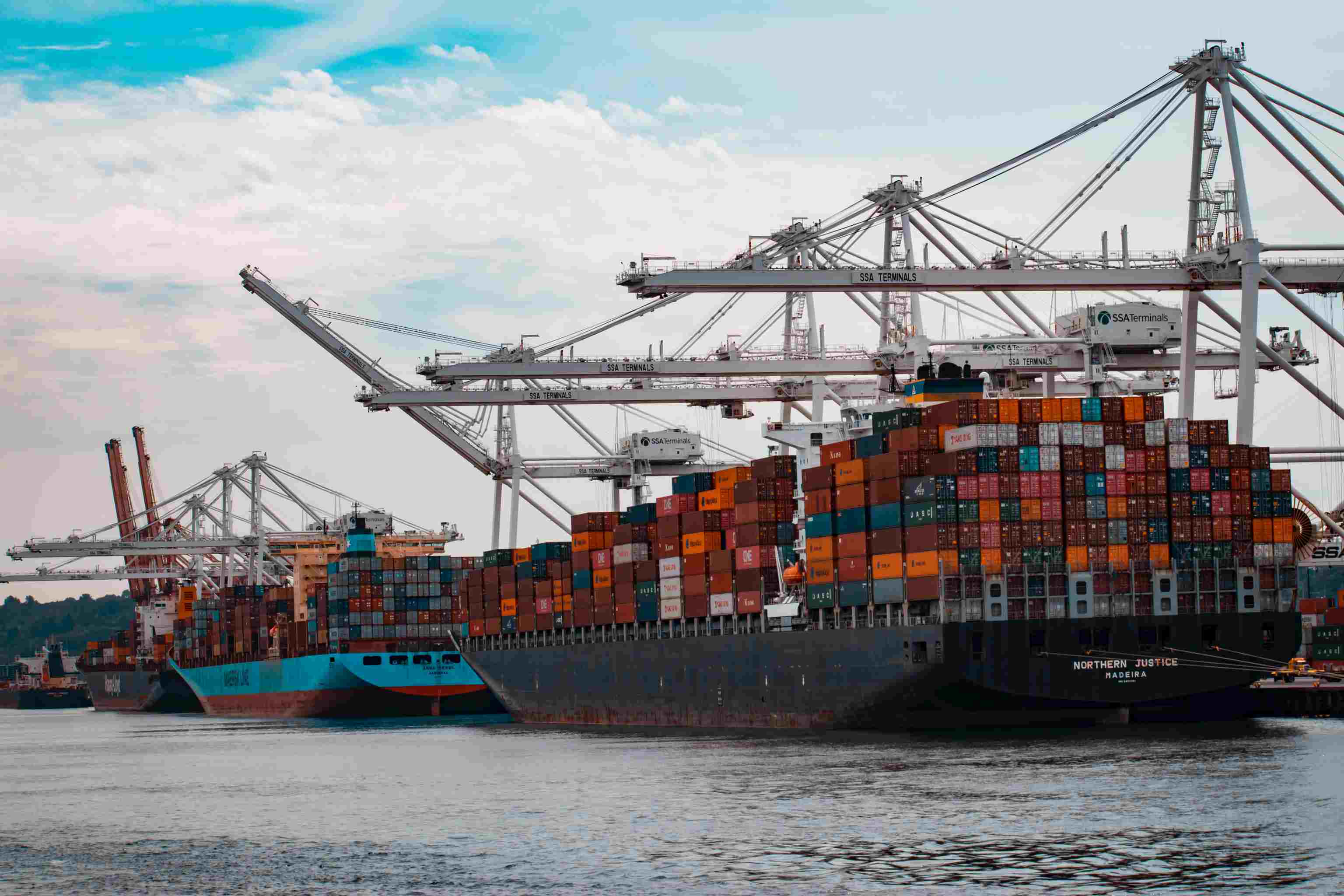How to formulate container shipping costs?
The container shipping costs is set according to the different types of goods. Usually the value of the goods itself is high, and the freight rate of the goods whose freight rate is low is higher. The difference in cargo stowage factor affects the utilization rate of the cabin capacity, and the natural freight rate is also different. The freight rate of goods with a small quantity is usually higher than that of bulk goods. The amount of cargo directly affects the utilization of space and ship tonnage. When large capacity is wasted, the freight rate will increase relatively.
Second, the origin and destination of goods determine the container shipping costs.
Due to the difference between the origin and destination of the goods, the water depth of the port, the conditions of loading and unloading, the level of port charges, the charging distance between ports, the length of the voyage operation time, whether it is necessary to pass through the canal, and whether there is a fuel port on the route are involved. Many factors, such as local oil prices, directly affect route costs and operating economic benefits. Therefore, if the port and route conditions are good, ship operators can obtain better benefits at a lower cost, and their freight rates should be lower than those with poor conditions.
Third, the ship used.
Different ships used determine the shipping price of containers, and their seaworthiness and cargo capacity are different, so the freight rate will also be different. Different ships used have different technical status and safety guarantee status. Therefore, internationally, freight rates and insurance premiums are often determined according to whether they hold a ship class. Different ships used have different cost components, so the freight rates directly related to the cost must be different.
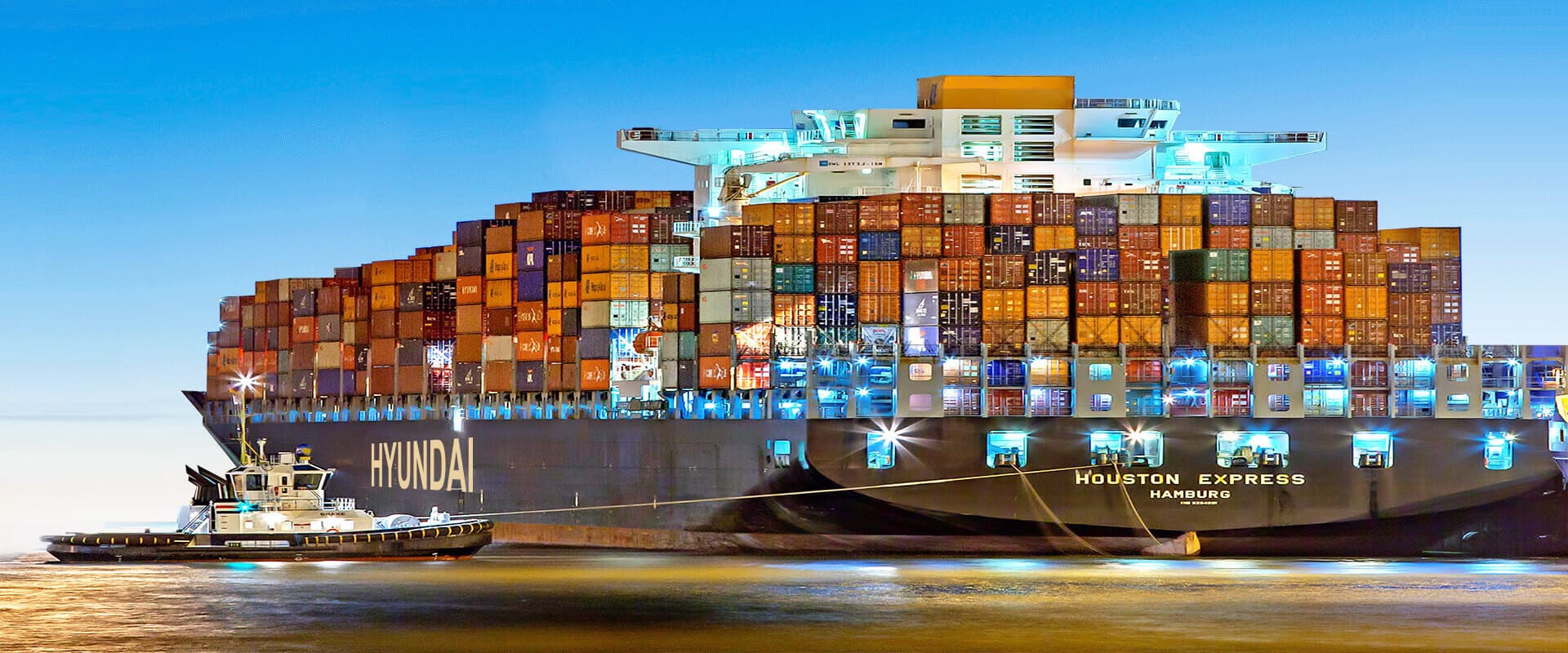
Fourth, the completion date of contract cancellation and loading preparation determines the container shipping costs.
Due to the large differences in the external market conditions at that time and the different market supply and demand conditions, the contract date and the cancellation date will directly affect the level of freight rates. In addition, the length of the contract period will also affect the freight rate. The freight rate negotiated for long-term transportation contracts is usually lower than that for short-term contracts.
Fifth, competitors decide the container shipping costs.
Under the conditions of a market economy, the number of competitors, their strength, and their strength in the market have a great influence on the level of freight rates. In the transportation market, competitors not only have different shipping operators, but also involve competition between shipping operators and operators of other modes of transportation. They each adjust the freight rate to ensure that they can obtain the largest share of freight.
Sixth, other factors determine the container shipping costs.
The shipping industry, especially the international shipping industry, has been increasingly subject to government and regional intervention and protection, so various government measures will affect the level of freight rates. In a period when the exchange rate fluctuates greatly, in order to avoid economic losses caused by exchange rate risks, shipping operators often have to take them into consideration when formulating freight rates, or add special provisions in the contract appendix.
